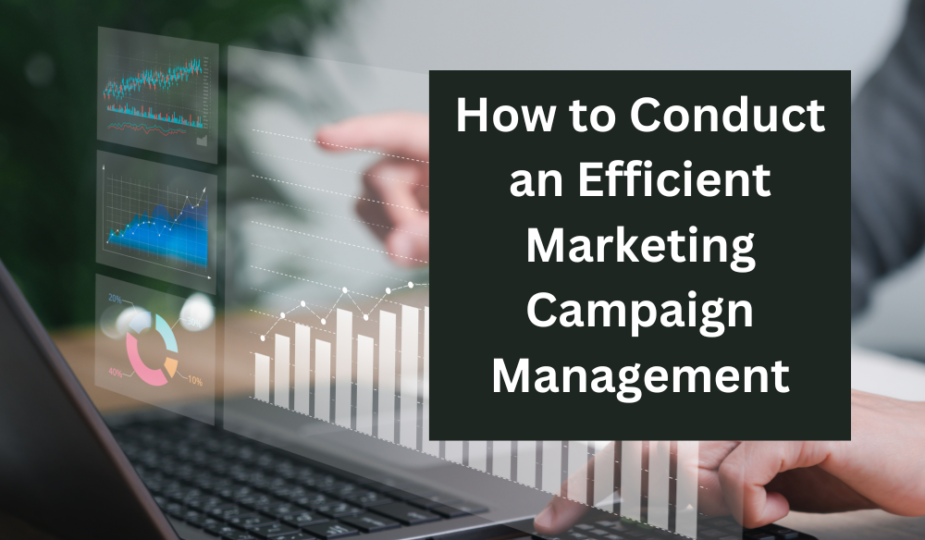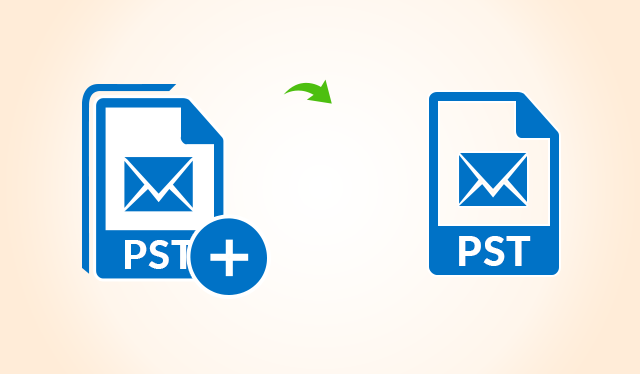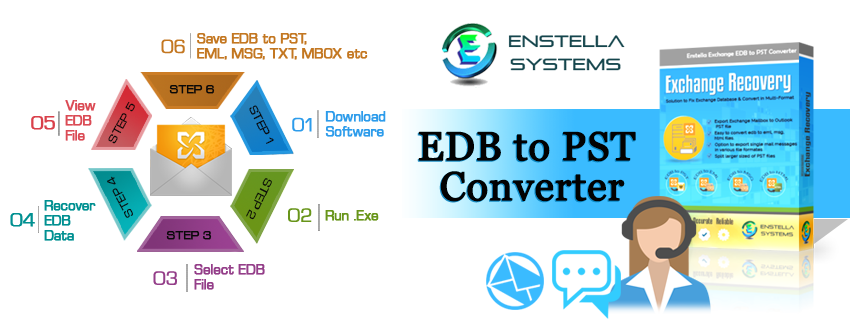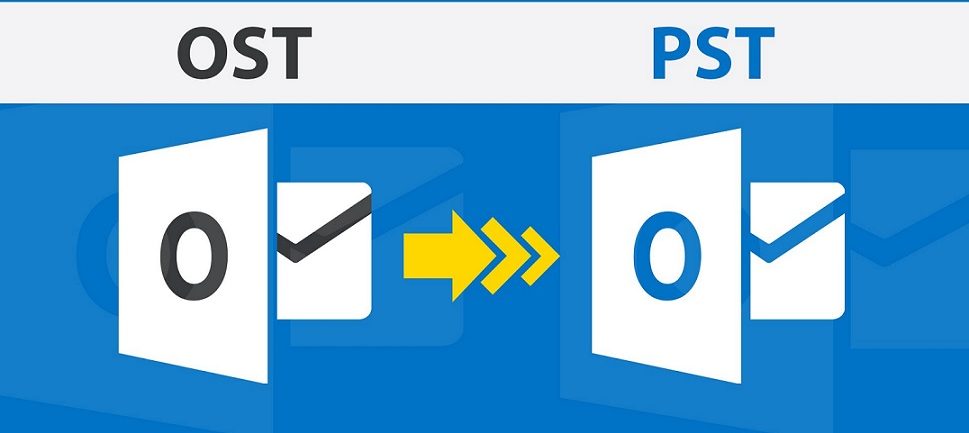Efficient marketing campaign management is crucial for achieving success and maximizing ROI. Each phase, from strategizing and implementation to evaluation and enhancement, contributes significantly to achieving the intended outcomes. Let’s delve into some key strategies for conducting an efficient marketing campaign management.
Clear Goal Setting
Begin by defining clear and achievable goals for your marketing campaign. Defining clear marketing objectives is the cornerstone of any successful campaign. By aligning these objectives with overarching business goals, you ensure all actions are strategically targeted, be it for brand awareness, lead generation, or driving sales. Well-defined targets also simplify performance evaluation, enabling you to gauge the effectiveness of your strategies and adapt for future endeavors. Additionally, transparently communicating these objectives to all involved parties ensures everyone shares a unified purpose, promoting teamwork and responsibility.
Target Audience Identification
Understand your target audience inside out. Conduct thorough market research to identify their demographics, preferences, pain points, and buying behavior. Tailoring your campaign messaging and channels to resonate with your audience will significantly enhance its effectiveness. Additionally, creating buyer personas can provide deeper insights into your audience segments, enabling more personalized and targeted marketing efforts that drive engagement and conversions. By continually refining your understanding of your audience through feedback and data analysis, you can adapt your strategies to meet their evolving needs and preferences.
Comprehensive Planning
Develop a comprehensive marketing plan outlining the campaign timeline, budget allocation, content strategy, and distribution channels. A well-thought-out plan ensures that all team members are on the same page and enables smooth execution of tasks. It also serves as a roadmap for the entire campaign, helping you stay organized and focused on achieving your objectives. Furthermore, contingency planning should be integrated into your strategy to address unforeseen challenges and adapt to evolving market dynamics. Regularly revisiting and adjusting your plan based on performance insights and external factors ensures agility and responsiveness to changing circumstances.
Read: Bridging the Gap Between PR and Marketing
Multichannel Integration
Embrace a multichannel approach to reach your audience across various touchpoints. For comprehensive campaign reach and impact, implement a multichannel marketing strategy. This encompasses leveraging digital channels like social media, email marketing, SEO, and PPC advertising, alongside traditional channels such as print media and event participation. Access to a high-speed internet connection is essential for the seamless execution and monitoring of digital marketing activities, ensuring timely communication with your audience and efficient management of online campaigns. For instance, having access to high-quality fiber internet, such as Frontier fiber internet, enables faster data transmission, smoother video conferencing, and quicker website loading times. By prioritizing timely message delivery and maintaining a robust, reliable online presence, you guarantee campaign efficiency and maximize its overall effectiveness.
Data-Driven Analysis and Optimization
Employ real-time data analytics to continuously monitor the performance of your marketing campaign. Focus on key metrics like engagement, conversion rates, and ROI to glean actionable insights that inform optimization strategies. Use this data to make informed decisions and continuously optimize your campaign for better results. Additionally, A/B testing different elements of your campaign, such as ad creatives, landing pages, and email subject lines, can help identify the most effective strategies and refine your approach for maximum impact. Regularly reviewing and analyzing performance data allows you to stay agile and responsive to changes in market trends, consumer behavior, and the competitive landscape. By establishing a culture of continuous improvement and learning from both successes and failures, you can refine your marketing strategies over time to achieve greater efficiency and effectiveness.









